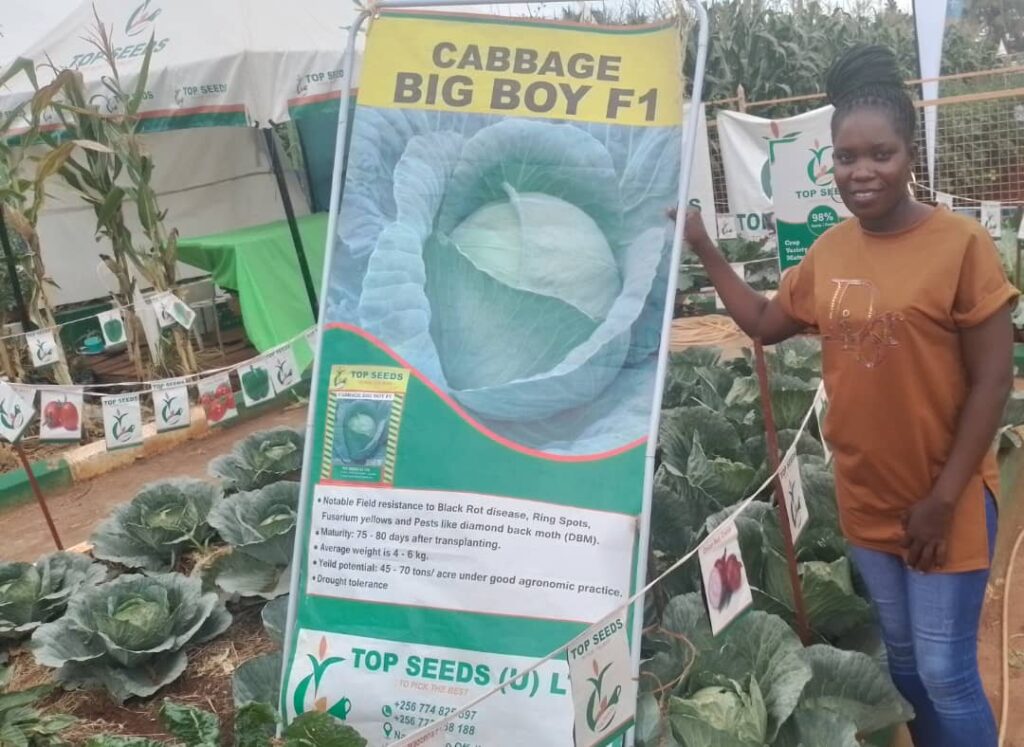In the heart of the ongoing 29th Agriculture Show in Jinja city’s Source of the Nile showground, an essential message resonates: the significance of embracing organic farming practices. Amidst the array of exhibitors showcasing modern farming techniques, the spotlight is on organic farming’s potential to revolutionize crop cultivation.
Agriculture, the backbone of many economies, presents two primary approaches: organic and inorganic farming. While both methods aim to maximize crop yields, their underlying philosophies and long-term impacts differ significantly.
Organic farming champions the use of natural fertilizers, fostering soil health and ecosystem balance. Janat Ajambo, an exhibitor from Top Seeds Uganda Limited, underscores the benefits of organic farming in an interview with Busoga Today. The emphasis on natural fertilizers enhances soil fertility, aids ecosystem restoration, and upholds human health.
On the other hand, inorganic farming relies on artificial pesticides and herbicides. While this method might offer immediate gains in terms of crop protection, it often leads to soil degradation over time. The reliance on chemical interventions disrupts the delicate balance of microorganisms necessary for soil formation and aeration.
For small-scale farmers who resort to hand hoes due to labor constraints, Andrew Dambyo, an organic farming expert, proposes mulching as an effective solution. Mulching not only curtails weed growth but also conserves soil moisture, maintains optimal soil temperatures, and prevents soil erosion.
One underlying challenge facing farmers, irrespective of their chosen method, is the quality of seeds. Ajambo points out that inadequate capital investments often lead to the purchase of subpar seeds that are susceptible to weather conditions and soil infertility. Highlighting the disparity between yields, she cites examples such as high-breed maize and the “Big Boy” cabbage, which, when nurtured correctly, yield impressive results.
As the Agriculture Show continues to provide a platform for knowledge exchange and skill enhancement, the spotlight on organic farming underscores the urgent need for sustainable agricultural practices that not only bolster yields but also ensure the long-term health of our soil and ecosystems.




